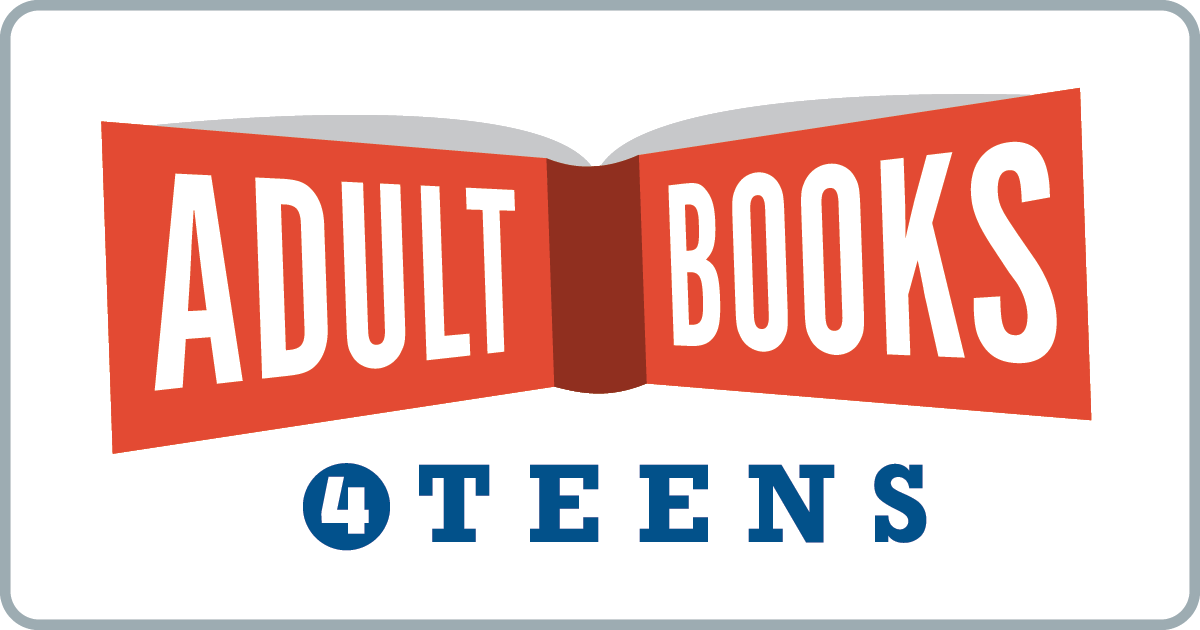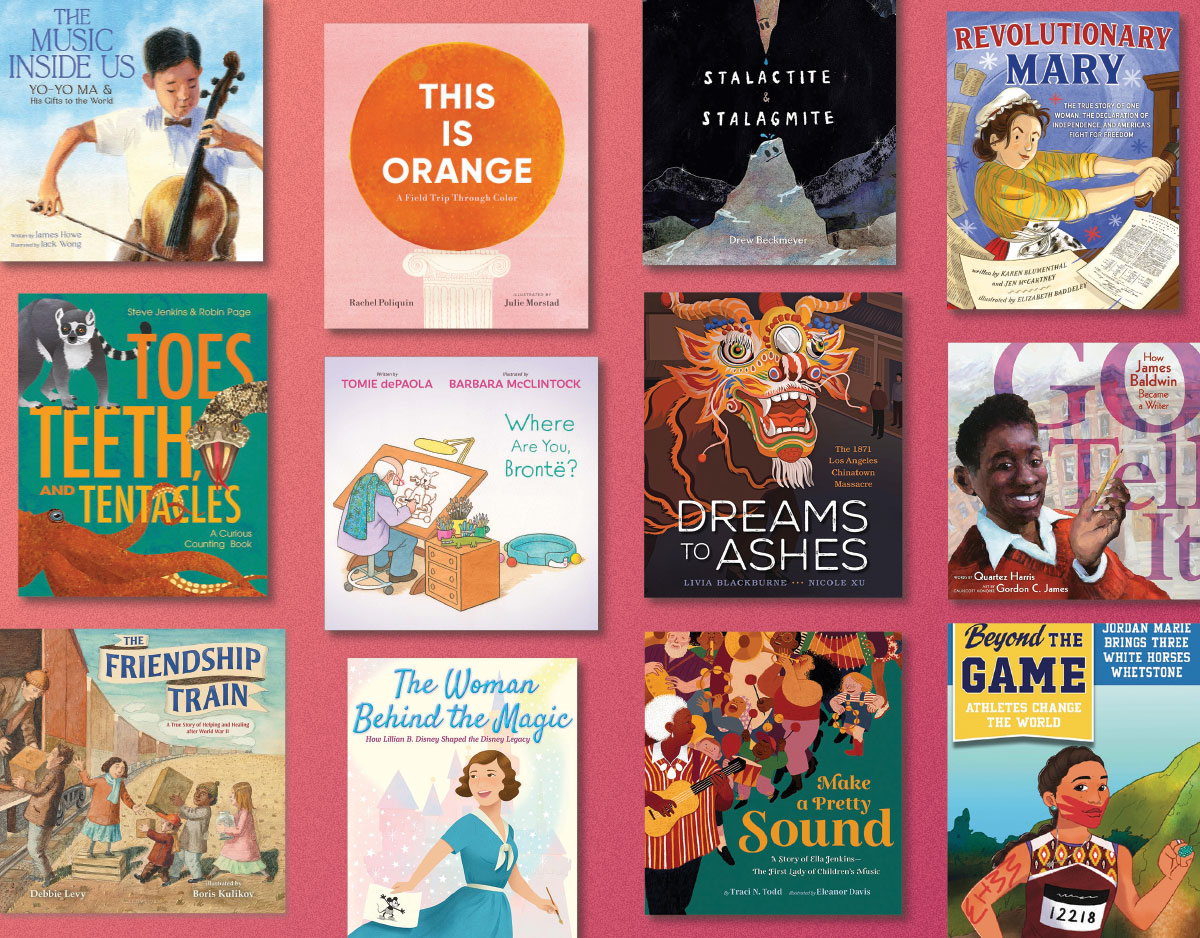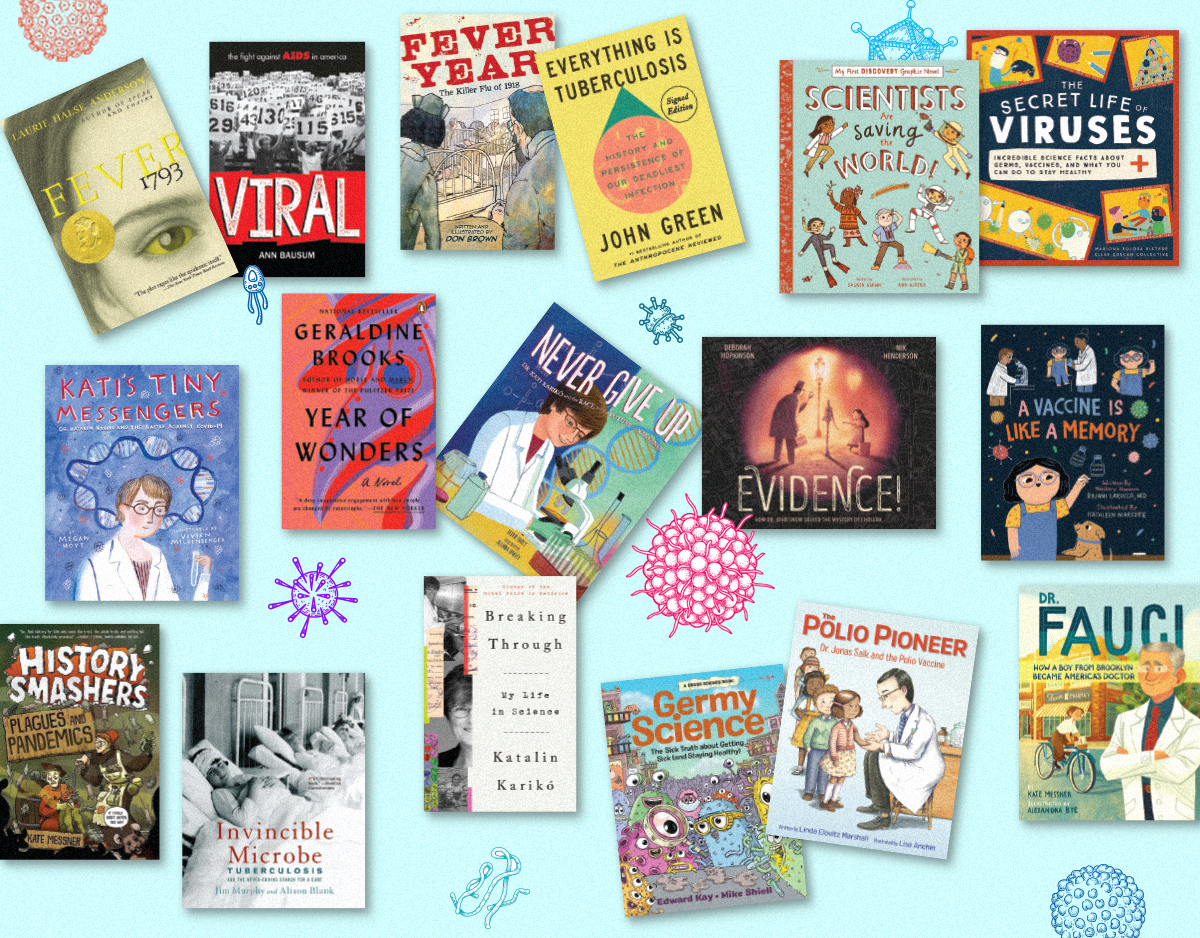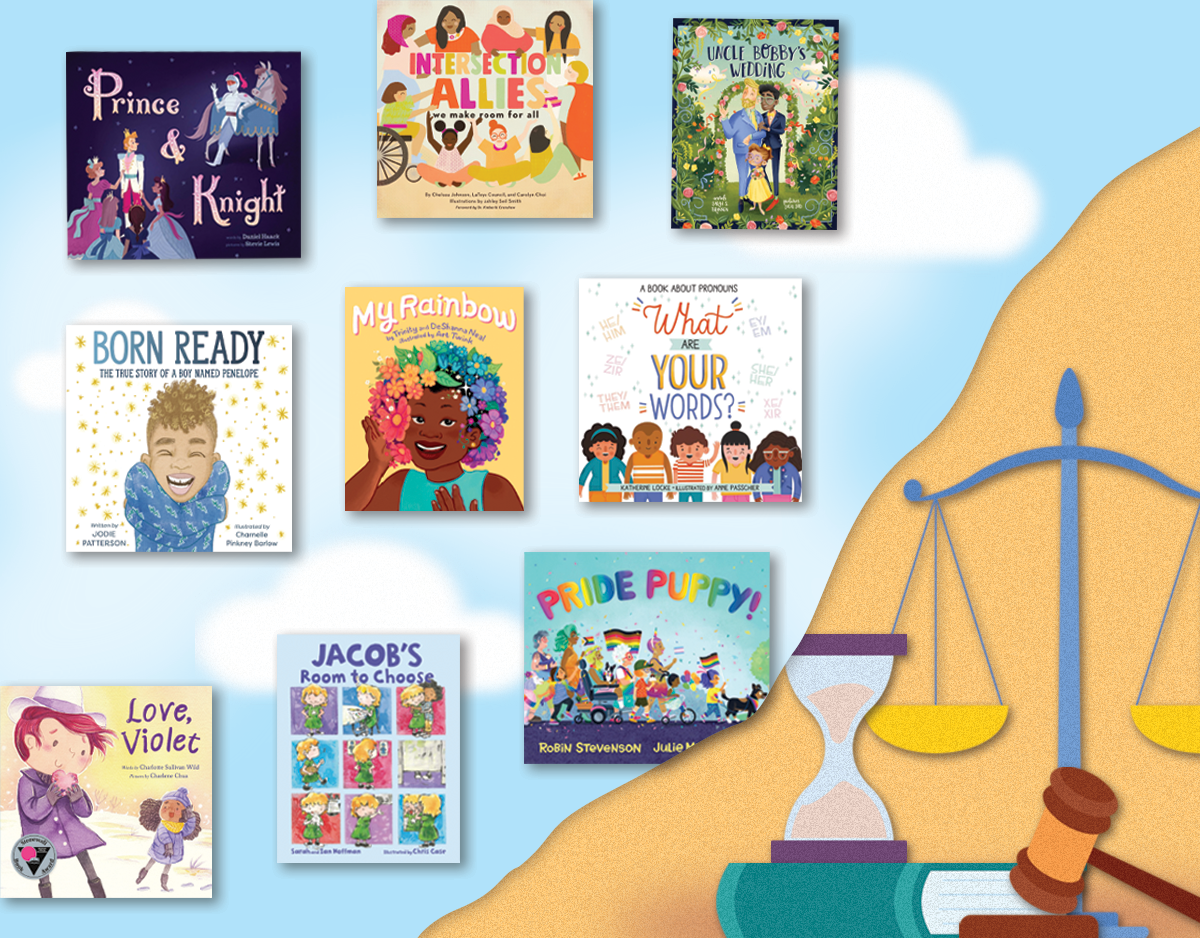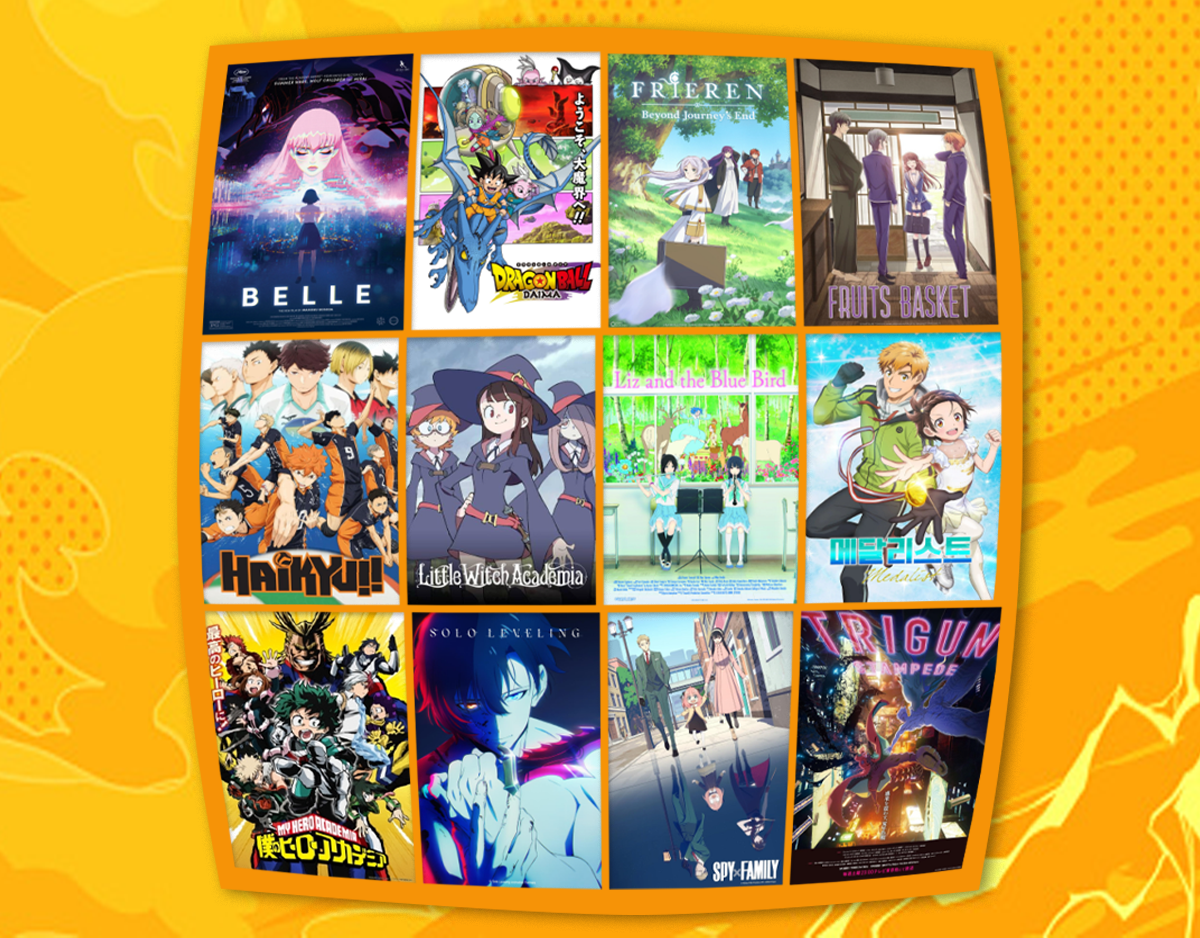SCROLL DOWN TO READ THE POST
An Exceedingly Humble Discussion About the Alex Awards
MARK: Last year at this time, I tempted the fates by titling our pre-Alex Awards post “Extremely Scientific Predictions of the Alex Awards”, and the fates promptly put me in my place, as Angela and I each managed to predict only a single title correctly. I’ve also already gone on record as stating that “this year’s best fiction seems to be decidedly less teen friendly than last year’s”. So this year, I’ll go ahead and state at the outset that I have no idea what is going to be honored next week on January 28. Instead, I’ll just casually throw out the titles of a few books that I think would make worthy additions to the Alex canon.
As I did last year, I’ll start out with one fiction and one nonfiction title. Regular readers of this blog will be unsurprised that I am again championing Jenni Fagan’s debut novel, The Panopticon. It’s the only book of the year that 1) makes my own personal list of favorites, 2) has unquestioned teen appeal, and 3) has gotten buzz from other publications. As for my nonfiction title, I’ll go with a book I haven’t read yet, Mitchell Zuckoff’s Frozen in Time: An Epic Story of Survival and a Modern Quest for Lost Heroes of World War II. This book came into our sights when one of our astute reviewers asked to review it. Once I saw what it was about, I couldn’t believe we hadn’t already assigned it to a reviewer: rescue missions? arctic survival? World War II bombers? yes please!
ADVERTISEMENT
ADVERTISEMENT
How about you Angela, what stands out as Alex-worthy this year?
ANGELA: My strategy this year is to be objective, to put away my own preferences and consider what a committee might agree upon. That said, I do love my first picks. First is Lexicon by Max Barry. As I promised back in my Booklist Editors’ Choice comments, I read it in the New Year and — Wow! That is one fabulous, fast-paced thriller, with an incredible number of twists and turns. It has a fascinating structure and characters; it’s intelligent and fun. Teens will love the use of language and psychological profiling.
Second, I think this could be Joe Hill’s year. NOS4A2 is compelling, well-written and clever. However, Neil Gaiman’s The Ocean at the End of the Lane could win instead, if the committee worries about including too much horror/dark fantasy on the list. (Although, they are instructed not to worry about balancing the list.) Either or both would be a fabulous choice.
MARK: You want outliers? Way to put me right back out on a limb. OK, well, I certainly think that one of my favorites, Catherynne M. Valente’s Six-Gun Snow White–what with Valente’s name recognition, the novel’s quirky humor, and a great take on the classic fairy tale–could strike a nerve with the right committee. It’s hampered by having been put out in a very limited edition by Subterranean, so it might have been difficult for everyone on the committee to get their hands on, but if they did–and they enjoy the humor–I could see it getting honored.
Back to the realm of reality, I wonder whether Cathy Marie Buchanan’s The Painted Girls has a chance. It got quite a bit of buzz very early in the year, but I haven’t heard much about it since. I found Buchanan’s take on the lives of a trio of poor ballerina sisters in 19th Century Paris to be incredibly moving. Meanwhile, her tale’s complex interaction with the real lives of Edgar Degas and the girls Degas painted in his famous ballet scenes made for a fascinating historical picture; while her evocation of Émile Zola and his theories of art added a well-designed layer of literary meta-analysis. According to my figures, The Painted Girls didn’t make the Best Of list of any of the major library journals, but it (along with Gaiman’s novel) garnered the most consensus among our reviewers for our own Best Of list. There certainly shouldn’t be any doubt about the novel’s teen appeal, with its two teenaged narrators, each undergoing intensely difficult comings-of-age, dealing with sex, money, and work life for the first time.
So far, we’ve talked only about books that made our own Best Of list. Any from off our list that Alex might pay attention to?
ANGELA: That’s a great question. I suppose I am Malala or The Goldfinch could make a showing. The intent of I am Malala is important, it has appeal and wide awareness, but the execution is not exemplary. I keep hearing raves about The Goldfinch — but from adults, not teens. And what about Longbourn? I loved that book, and I have teens reading it, but it also suffers from imperfections. The right committee could be swayed, and I would cheer out loud at the ALAYMA’s!
One thing I do hope to see is diversity. Long Division would be a great choice. The voice is exciting and engaging, the structure and story are inventive, I could see this one making it. Like Six-Gun Snow White, Long Division is from a smaller publisher. But I sense that Agate knew what a special book they had on their hands, so it’s likely the committee had access to it.
And back to you, Mark. Give us one or two more front-runners!
MARK: Good calls on all of those–I would be especially unsurprised by Longbourn, what with this being the Year of Austen–or is it ever not the Year of Austen?
ADVERTISEMENT
ADVERTISEMENT
I agree with you about diversity–Mario Alberto Zambrano’s Lotería, please? And as always, I also want to see diversity of format: more nonfiction, graphic novels, and poetry, but I don’t really see any frontrunners in those categories. I continue to think that Matt Kindt’s Red Handed is the best graphic novel I read this year, but the teens I’ve given it to have not been as impressed. The best nonfiction titles I read this year were aimed at pretty specific audiences–Exploding the Phone, What’s Wrong With Homosexuality?, The Riddle of the Labyrinth, Fighting For Their Lives–that don’t have the broad teen appeal I’d expect from the Alex.
So I’m going to air my suspicion that an Alex Award might go to my nemesis, Kate Atkinson’s Life After Life–one of the most lauded books of the year, and with a hooky enough premise and a young enough protagonist in its early sections to draw plenty of teens. I just hope I’m wrong.
ANGELA: I’d like to leap in with two last titles that I would consider front-runners. Anyone who’s been on a selection committee knows that each winner has its advocate. If I were on the committee, I would fight for We are All Completely Beside Ourselves and Reconstructing Amelia, though I suspect the latter might not even need me what with its use of social media and hot-button issues. (And kudos to Kimberly McCreight for that Edgar Award nomination!)
MARK: So there you have it–we’ve named fifteen books that we think have a shot, and I named another five that I doubt will be honored, but I’d be thrilled with. Can we do better than two correct guesses this time? No, probably not.
Filed under: Best Books, Best of 2013
About Mark Flowers
Mark Flowers is the Young Adult Librarian at the John F. Kennedy Library in Vallejo, CA. He reviews for a variety of library journals and blogs and recently contributed a chapter to The Complete Summer Reading Program Manual: From Planning to Evaluation (YALSA, 2012). Contact him via Twitter @droogmark
ADVERTISEMENT
SLJ Blog Network
Name That LEGO Book Cover! (#65)
Review of the Day: This is Orange by Rachel Poliquin, ill. Julie Morstad
Betty & Veronica: Summer Fun in the Sun | Preview
Heavy Medal Suggestions: 73 Titles and Counting
Like This, Try That: K-Pop Demon Hunters
The Classroom Bookshelf is Moving
ADVERTISEMENT
ADVERTISEMENT

